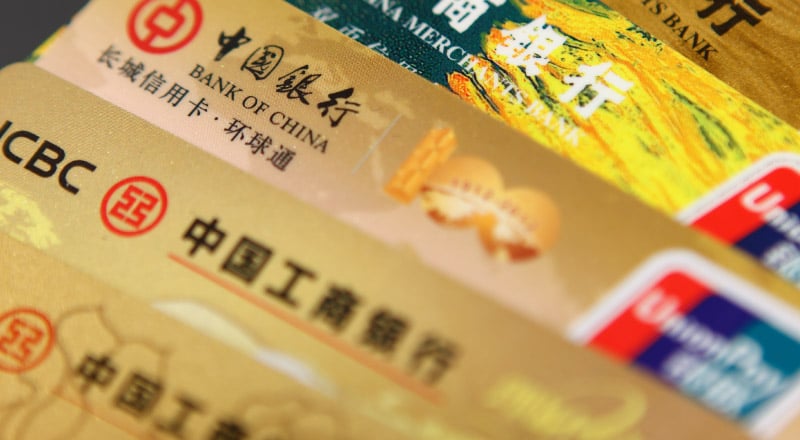This article was written by Brian Tom, co-founder of .
In recent years, China has come to be regarded as the world center of e-commerce, where every single day companies are exporting huge quantities of packages to almost every possible continent or country. Today, the Middle Kingdom is also one of the most important consumers of e-commerce services.
The boom in the Chinese e-commerce market
Currently, the e-commerce market in the Middle Kingdom is the largest in the world and according to the latest data its valuation should equal US$1.57 trillion by 2018. This is all through the dynamic adaptation of web services and joint action taken by important services such as small and medium-sized enterprises (SMEs), the retail industry and multinational corporations.
Currently the development rate of e-commerce moves around 30% per year, providing 20% of the total value of imports and exports.
Want know more about the payments industry in China? Get the brand new FM Intelligence Report:
The anatomy of payments industry
In the latest edition of the Finance Magnates Quarterly Industry Report, readers can find a thorough case study that x-rays the Chinese payments industry. At a time when the Western world uses mainly Visa, MasterCard and PayPal solutions, Asians are highly satisfied with services provided by UnionPay, AliPay and currently also WeChat Pay.
Andy Cheung, COO of WeCollect, says: “China UnionPay emerged from the offline payment space and has recently developed products for the online world. On the other hand, other major Chinese payment solutions such as Alipay and WeChat Pay evolved from the online world and has recently tried to enter the offline payment space. The next battleground will be the O2O sector where the offline and online worlds come together. As payments in China becomes more fintech focused, the major challenge of China UnionPay and banks is to leapfrog their old legacy systems in favor of new innovation and technologies.”
The first legal guidelines regarding the domestic third party payment providers in China emerged in 2010. Very quickly however, the dynamic growth of the e-commerce sector and heightened user demand forced the introduction of additional regulation and licensing. These were issued in 2013 by the State Administration of Foreign Exchange (SAFE).
It has to be noted that the Chinese market has quite specific characteristics, and unlike most developed economics, it does not provide free cross border money transfers, adjusting the conversion of foreign currency to RMB and vice versa.
That is why the RMB and the future path of Chinese payments management policy will have an enormous impact on the future development of the local e-commerce market. It may also influence payment providers, which could force them to modify the existing infrastructure in order to allow undisturbed transaction flow.
Further globalization and transformation?
The dynamic development of the Chinese payments industry would not have been possible without the appropriate reforms introduced by the local government over decades. Foreign market participants still expect however that the Middle Kingdom through subsequent regulations will open up to foreign entities and integrate with the global community.
This would not only further push growth levels in the e-commerce industry, but also bring tangible benefits in a number of other market branches – including the financial services industry.
Want to know more about the payments industry in China? Get the brand new FM Intelligence Report:





Be First to Comment